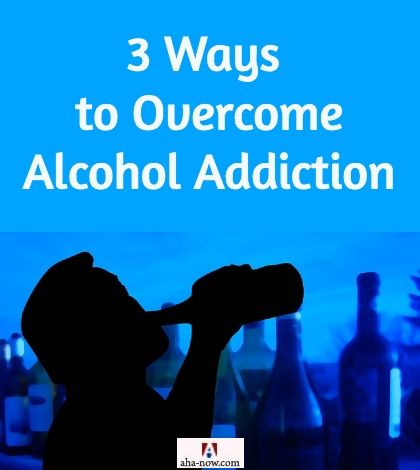Common Causes of Insomnia and How to Treat It

Table of Contents
We all struggle with the problem of insomnia at some or the other time in life. However, if we get insights into the causes of insomnia, its risk factors, and ways to avoid or treat it, we can make our lives much easier. Here’s what you need to know exactly when you have sleep problems. ~ Ed.
Sleep disorder or insomnia is where you have problems falling asleep and staying asleep. This can be an acute (short-term) condition or a chronic (long-term) condition. Plus, it can happen to you three nights in a row, or experience it for months.
Insomnia comes in different types, primary and secondary insomnia. Primary insomnia is where your sleep problems aren’t linked to an existing health condition.
Whereas, secondary insomnia is where your sleep problems are associated with an existing health condition like arthritis, depression, cancer, asthma, pain, or heartburn.
BedAdvisor recommends addressing the symptoms and causes of sleep problems rather than numbing them. This ensures that your sleep routine returns to normalcy.
You need urgent medical assistance in dealing with insomnia. Without urgent treatment, your condition can worsen and affect your overall health.
Causes of Insomnia
The causes of primary sleep problems or insomnia include:
- Noise, temperature and lighting problems
- Changes in sleep schedule due to new shifts at work or bad habits
- Stress associated with major life events like job loss, loss of a loved one, relocation, or divorce.
Causes of secondary sleep problems or insomnia include:
- Alcohol, caffeine or tobacco use
- Discomfort or pain at night
- Medication for allergies, cold, high blood pressure, depression, and asthma
- Mental health problems like anxiety and depression
- Hyperthyroidism
- Conditions like sleep apnea
What Are the Risk Factors for Insomnia?
Insomnia affects women more than men. It also affects older people more than younger people.
The risks can affect your physical and mental health as well as your ability to function. These risk factors include:
- Mental health problems
- Long-term illness
- Working night shifts
Insomnia can increase accident risks, poor job performance, increased risk of suffering from chronic medical conditions like stroke, obesity, and heart disease.
Symptoms of Insomnia
The symptoms of insomnia include:
- Fatigue
- Feeling sleepy during the day
- Memory or concentration problems
- Grumpiness
What is the Diagnosis of Insomnia?
First, the doctor conducts a physical exam and inquires about your sleep and medical history. You can be advised to keep a sleep diary that helps you track your sleep patterns and your condition during the day.
The doctor may speak to your partner and do special tests at the sleep center to help check other sleep disorders you may have.
When Should You See a Doctor?
Immediately you have problems functioning during the day, you should see a doctor. If the condition lasts for days or weeks also see a doctor. The doctor will examine you and determine the cause of the sleep problem and the best treatment.
Treating insomnia
The treatment for insomnia varies and largely depends on the cause. You could be having acute insomnia or chronic insomnia. Both need different treatments.
For instance, acute insomnia can be treated by sleep aids purchased over-the-counter. Also, you can simply manage your stress.
On the other hand, chronic insomnia requires dealing with underlying conditions. In most cases, the doctor recommends cognitive behavioral therapy as it’s a more effective solution than medication.
Wrapping Up
When you have sleep problems, it’s best to see a doctor for examination and proper diagnosis.
This makes it easy to manage and treat. Failing to get quick treatment can result in mental and physical health issues.
Besides, it affects your job performance. Contact a specialist for help managing and treating your condition.
Over to you
Do you suffer from insomnia? How do you manage or what treatments did you take for it? Please share your tips and experiences in the comments.
Disclaimer: We're not offering any medical advice here. These ideas are for educational and entertainment purposes only. Always seek a professional medical opinion from a physician of your choosing before making any medical decision. The information provided here is not intended to be a substitute to the advice given by your physician or another healthcare professional.
Disclaimer: Though the views expressed are of the author’s own, this article has been checked for its authenticity of information and resource links provided for a better and deeper understanding of the subject matter. However, you're suggested to make your diligent research and consult subject experts to decide what is best for you. If you spot any factual errors, spelling, or grammatical mistakes in the article, please report at [email protected]. Thanks.











Wow, I never knew that so many more health risks that are involved with insomnia, especially mental health problems. Sleep has been a very hard thing for me to get properly especially now that I have to do extra work from home to keep up with my new job. This has actually gotten me to burn more hours than necessary, and I’ve been missing sleep very often. Now that I know how what it could lead to, I’ll make sure that I get some insomnia treatment as quickly as possible.